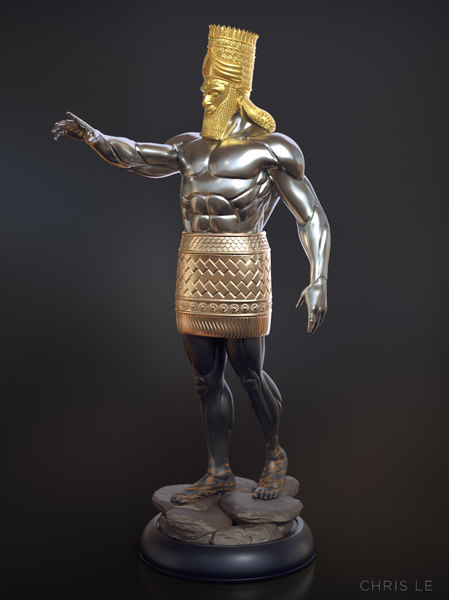Matthew 28.18-20 is oft referred to as the Great Commission. It’s actually a modified version of the original commission in chapter 10, and the major difference is that the jurisdiction has changed due to the triumph of Christ’s death and resurrection. Before they were sent only to the people of Israel, but now they are sent to all the ethnos/nations/gentiles.
But what is it that Jesus is commanding his followers here? It is necessary to begin with Christ’s claim that all authority is His in Heaven and on earth, because it is this indicative that leverages the imperative. In vv. 18-20 there is one main, active verb, the others are participles which by syntax are connected in time to the main verb – meaning they happen with the main verb, but it is the main verb that is leading the way. That verb is a single word. It is not “make.” Our English versions mostly use the phrase “make disciples.” That would be a verb connected to a noun. It isn’t grossly erroneous to write it that way, but it does complicate the passage for those who wish to grasp the gravity and clarity of Christ’s command.
What Christ says is “teach.” Going, teach the nations. Teach is the verb, and the implications of “teach” is that pupils, learners are made by the teaching. Teach is presented in the aorist active imperative, which means the action that the verb is describing is the result of something that happened in the past and it gives rise to the action that you are commanded to take in the present. The AAM means that the response is fitting for what happened before. What happened before is that Christ has received/claimed all authority. Because Christ has all authority, teach the nations – teach them what? Verse 20 – teaching (a participle attached to the main verb, teach) to obey all that I have commanded you.
So the great commission is essentially this: Christ has all authority, so teach the nations to obey Him (the first step of which, that which indicates a commitment to His authority, is baptism).
And the One with all authority is with us, going with us, until the end of the age.



